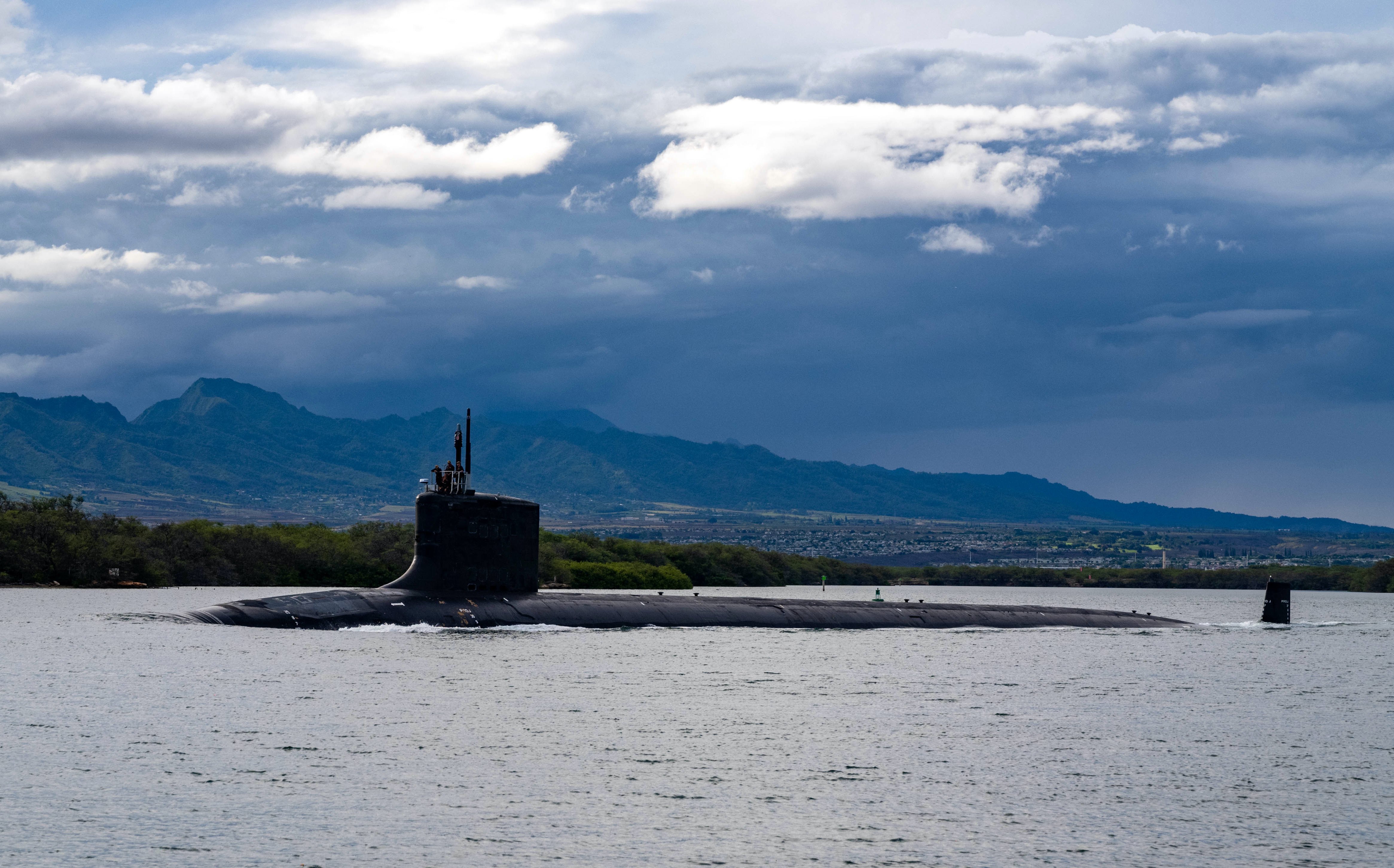The following is the July 2018 Governement Accountability Office report, Committee on Foreign Investment in the United States: Action Needed to Address Evolving National Security Concerns Facing the Department of Defense.
The Department of Defense (DOD) faces challenges identifying and addressing evolving national security concerns posed by some foreign investments in the United States.
- Resources: DOD’s Office of Manufacturing and Industrial Base Policy represents the department and coordinates DOD’s participation on the Committee on Foreign Investment in the United States (CFIUS). As a committee member, DOD co-leads CFIUS’s review and investigation of transactions between foreign acquirers and U.S. businesses where it has expertise. DOD co-led 99 transactions in calendar year 2017, or 57 percent more transactions than it co-led in 2012, while the annual authorized positions increased from 12 to 17 during that same time period. DOD’s workload has also been affected by the volume and complexity of the transactions it is responsible for co-leading, in addition to other CFIUS responsibilities, such as identifying transactions that foreign acquirers do not voluntarily file with CFIUS. DOD has taken some steps to address its resource limitations, but has not fully assessed the department-wide resources needed to address its growing workload/
- Emerging Technology and Proximity: DOD officials identified some investments that pose national security concerns from foreign acquirers gaining access to emerging technologies or being in close proximity to critical military locations, which, according to officials, cannot always be addressed through CFIUS because the investments would not result in foreign control of a U.S. business. DOD and Department of the Treasury (Treasury) officials said addressing these investments may require legislative action. DOD is taking steps to identify critical emerging technologies and military locations that should be protected from foreign investment. However, DOD has not fully assessed risks from these types of foreign investment or what additional authorities, if any, may be necessary for it to address them.
- Policy: DOD’s CFIUS Instruction does not clearly identify some reviewer responsibilities or processes for identifying transactions that foreign acquirers do not voluntarily file with CFIUS. The policy is also outdated and inconsistent with current practices. DOD’s CFIUS Instruction and federal internal control standards emphasize the importance of assessing organizational structures, policies, and procedures to respond to risks. Without assessing resources needed to address its CFIUS workload and risks from foreign investment in emerging technologies or in proximity to critical military locations, and ensuring its policies and processes clearly reflect the issues facing the department, DOD is at risk of being unable to respond to evolving national security concerns.
This is a public version of a sensitive report that GAO issued in April 2018. Information that DOD and Treasury deemed sensitive has been omitted.





